29 Health Myths You Should Stop Believing

Myths Debunked
"Don't swallow your gum, it'll take seven years for your stomach to digest!" "Ah, just pick it up off the floor — five second rule!" Most of us grew up with wives' tales such as these, and probably believed them. But, as we've gotten older and wiser, we've found that many of them just aren't true — and that there are many health concerns that we really should be getting checked out instead. Here's a list of medical myths, both old and new, that have been debunked.
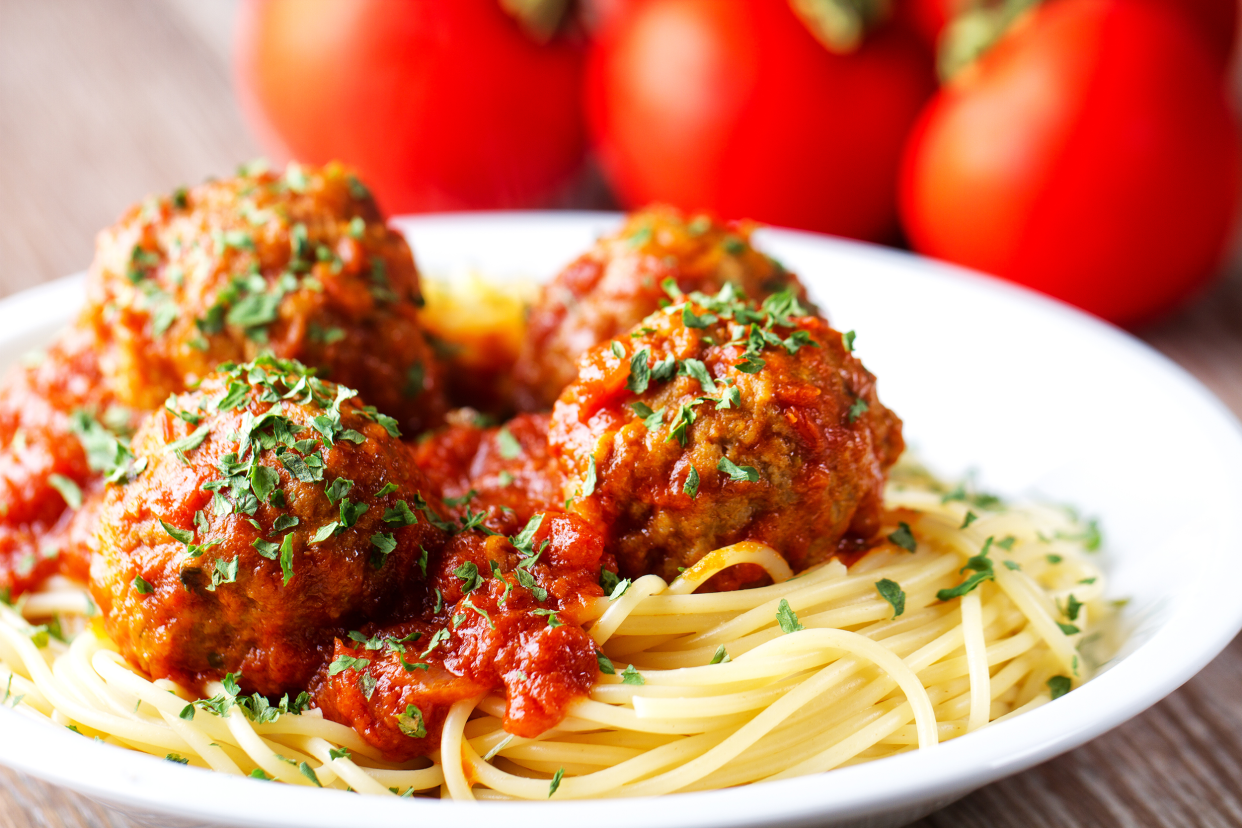
Carbs Make You Fat
Carbs are not only not bad for you — they're essential to a healthy diet. Holland Matheson, a nutrition specialist, says, "Carbs are the essential nutrients our body needs to survive. It's the first macronutrient we use to burn energy and survive. Cutting carbs or completely omitting your primary energy source will be not sustaining, causing many people to rebound. Go for the good complex carbs, like whole grain pasta and oatmeal, rather than carbs like potato chips or ice cream."
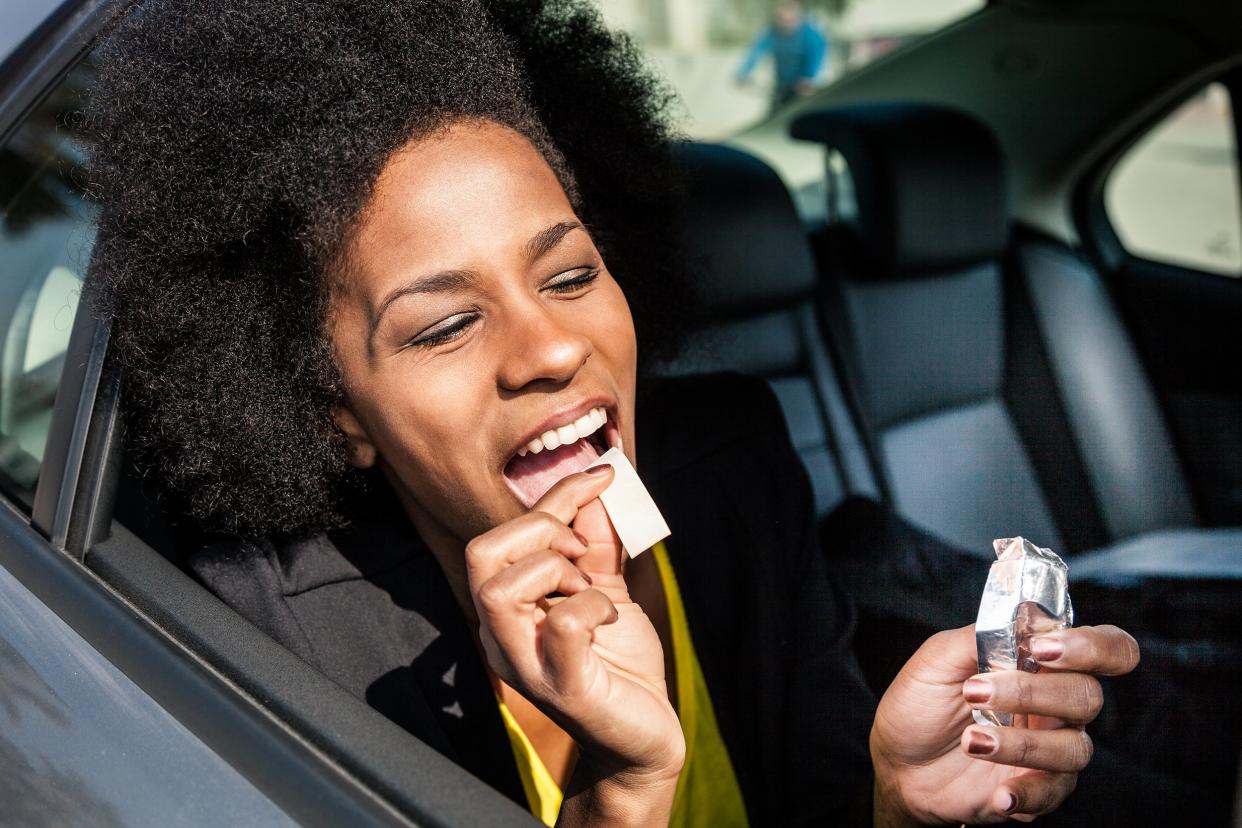
It Takes Seven Years To Digest Gum
While your body can't really digest gum, it also is smart enough to just move it through your system — i.e. you poop out gum with everything else.

Sleeping After a Concussion Is Dangerous
If a person is awake and able to carry on a conversation, they are perfectly fine to sleep after a concussion. In fact, sleep is an important way for your brain to heal after a concussion. Just limit more vigorous activities, and allow the brain to rest.

Vaccines Cause Autism
Several years ago, two studies came out that said vaccines cause autism. Both studies have been proven to be critically flawed since then, and furthermore, have been retracted. Several more credible studies have been published since then which do not find any correlation between vaccines and autism.
For more fun health and fitness stories like this, please sign up for our free newsletters.
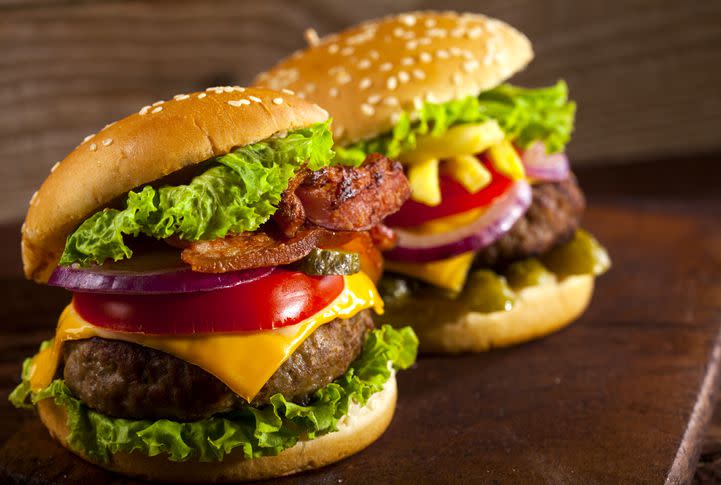
Fat Makes You Fat
In fact, fat doesn't make you fat, and the right kind of fat can be very good for weight maintenance and your heart. As nutritionist Holland Matheson says, "My motto has always been moderation. It's what I always recommend to my clients and what I regularly practice."
Related: 10 Diet Foods That Actually Make It Harder to Lose Weight

The Five-Second Rule
The five-second rule suggests that you can safely eat food that's fallen on the floor as long as you quickly pick it up — within five seconds. Believe it or not, researchers did a study on the five-second rule, and it is officially untrue — germs transfer before five seconds. Further findings from the study are that women use the rule more than men, and the rule is more likely to be invoked for cookies than for cauliflower.
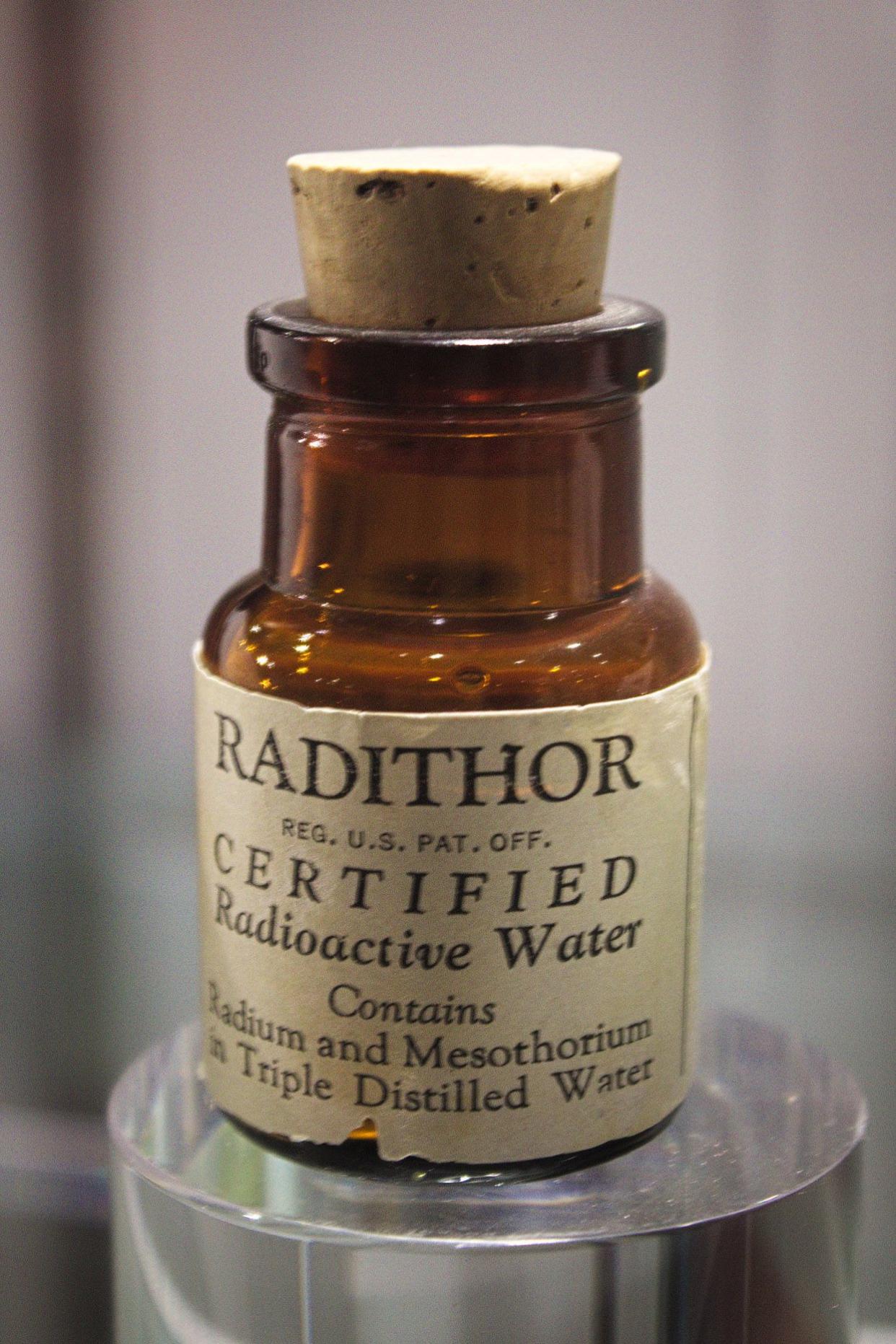
Radioactivity Is Good For You
In the early 20th century, people thought radioactivity was healthy and would buy "healing" radioactive drinks for its supposed effects on rheumatism and various other ailments. Eben Byers, a tycoon of the era, claimed to drink three bottles a day. His death was documented in the Wall Street Journal with the headline, "The Radium Water Worked Fine Until His Jaw Came Off." Needless to say, we don't believe radioactivity is healing anymore. Relate
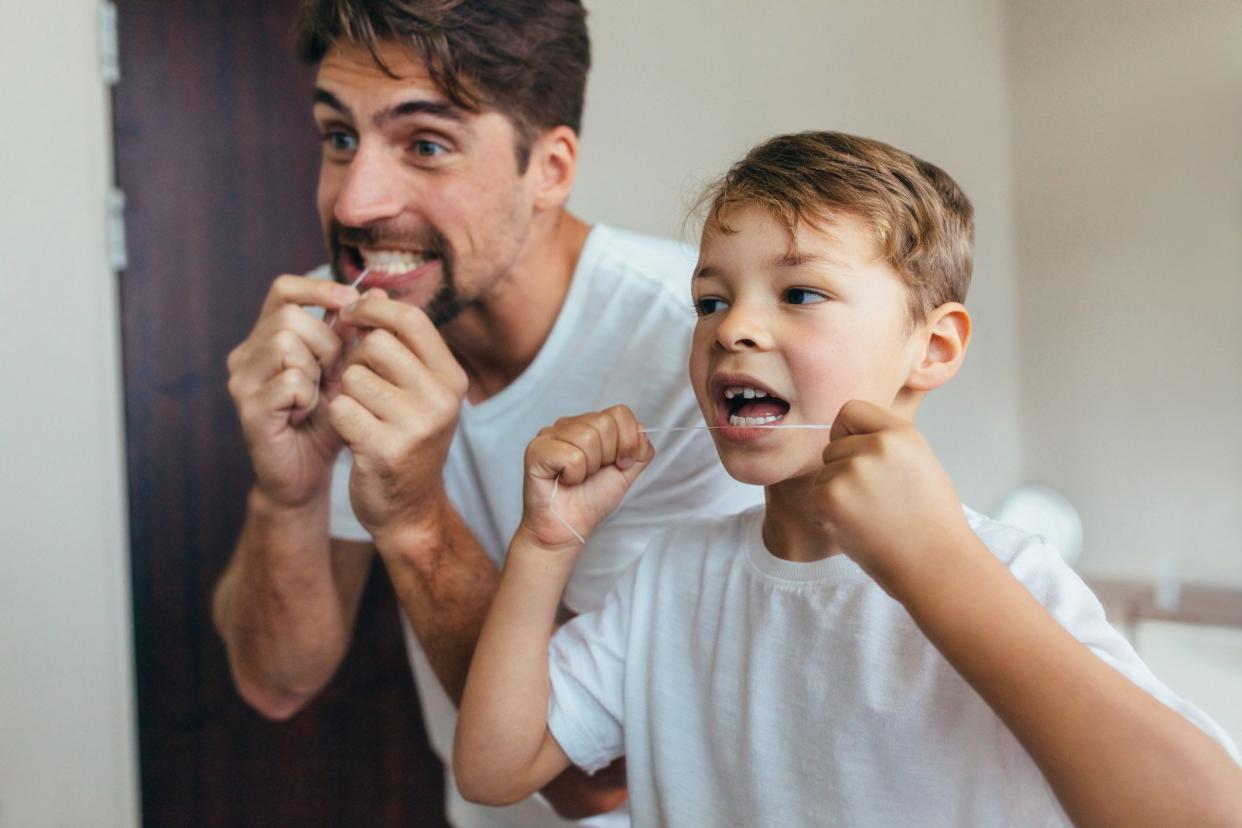
Flossing Is Key to Dental Health
It's not that flossing is bad for you, but it may be a bit overrated. You should probably still do it, but its benefits have not been proven as strongly as you might think, based on how sternly our moms have told us to floss.

Women's Uteruses Wander Around Their Bodies
This sounds positively batty to most of us, but the ancient Greeks believed that women's uteruses wander around their body, desperately looking for semen to fertilize them. In fact, the great Plato and Hippocrates both spoke at length about it, and the womb was seen as the key to explaining the differences between men and women, and to explaining why women were inferior.

Coffee Is Dehydrating
While caffeine can have a mildly diuretic effect, there is no evidence that they increase the risk of dehydration. Water is still your best bet for staying hydrated, but there's no need to be concerned about that afternoon cup of coffee throwing off your hydration.
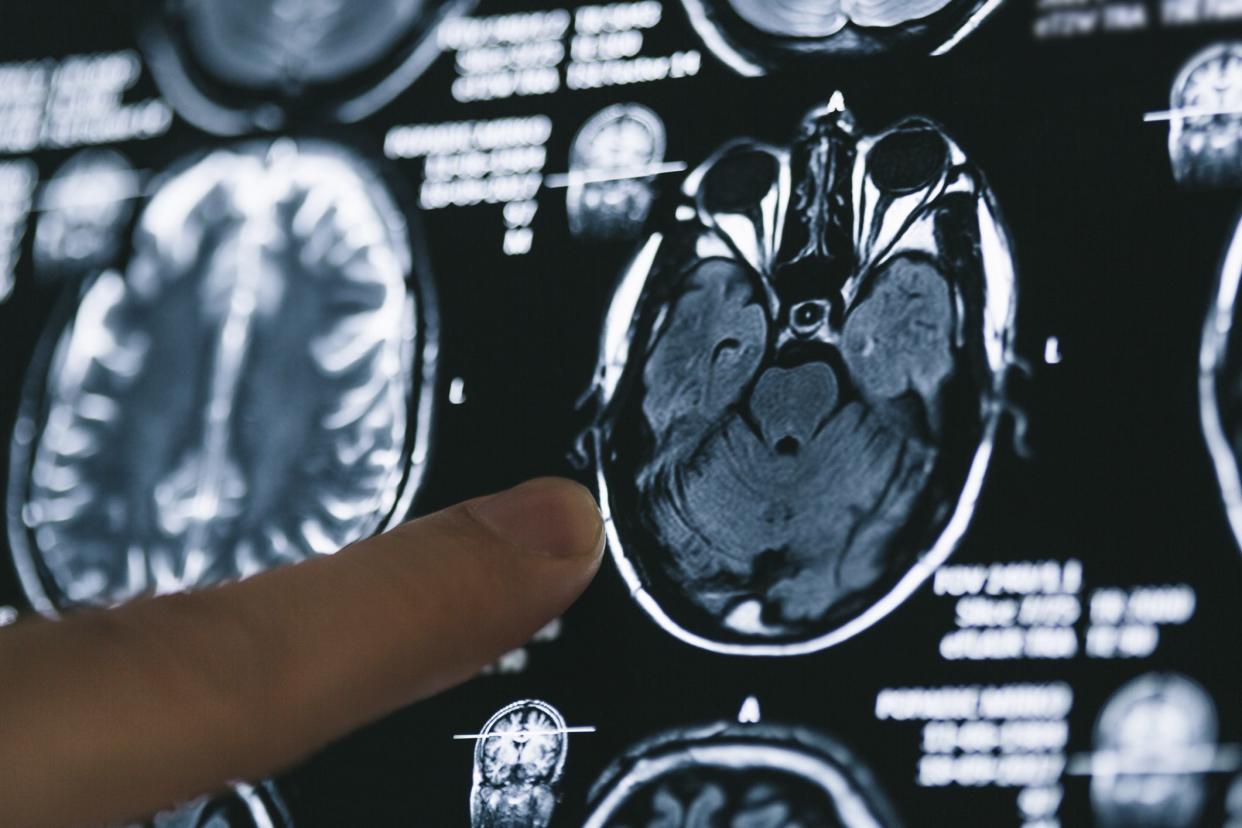
You Use Only 10% of Your Brain
This myth has been the subject of many an intense conversation and even a Hollywood movie. While it's a fun one for discussing, this myth is "almost laughable," according to Barry Gordon, a neurologist of John Hopkins School of Medicine in Baltimore who made the statement in a Scientific American article. Turns out we use almost every part of our brain, and our brains are active almost all the time.
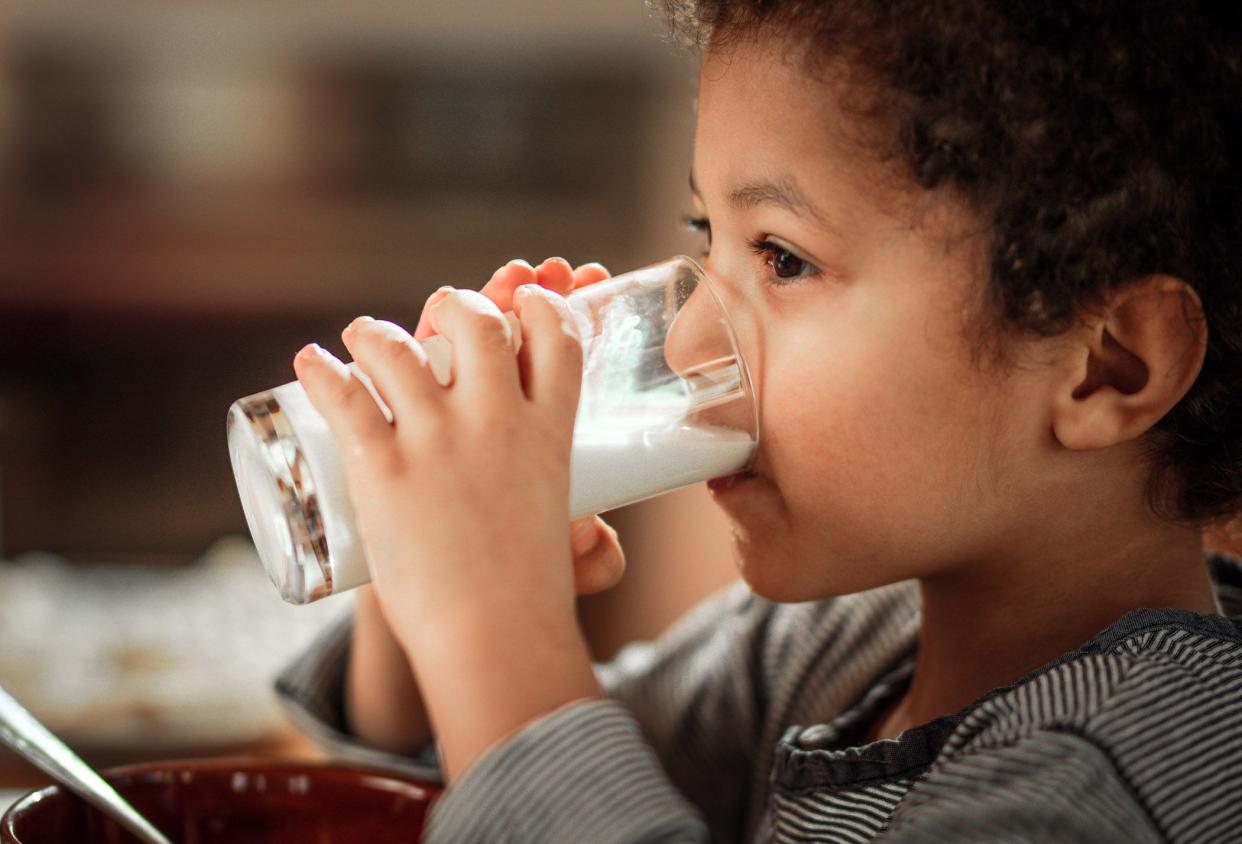
Milk Is Crucial to a Healthy Diet
The U.S. Department of Agriculture tells adults that they should drink three cups of milk a day, mostly for calcium and vitamin D. However, studies show that there isn't an association between drinking more milk and having fewer bone fractures. In fact, sometimes milk consumption can correspond to an increased risk of fractures or of death. While correlation and causation aren't the same thing, the benefits aren't proven and there may be risks.
Related: Don't Fall for These Weight Loss Gimmicks
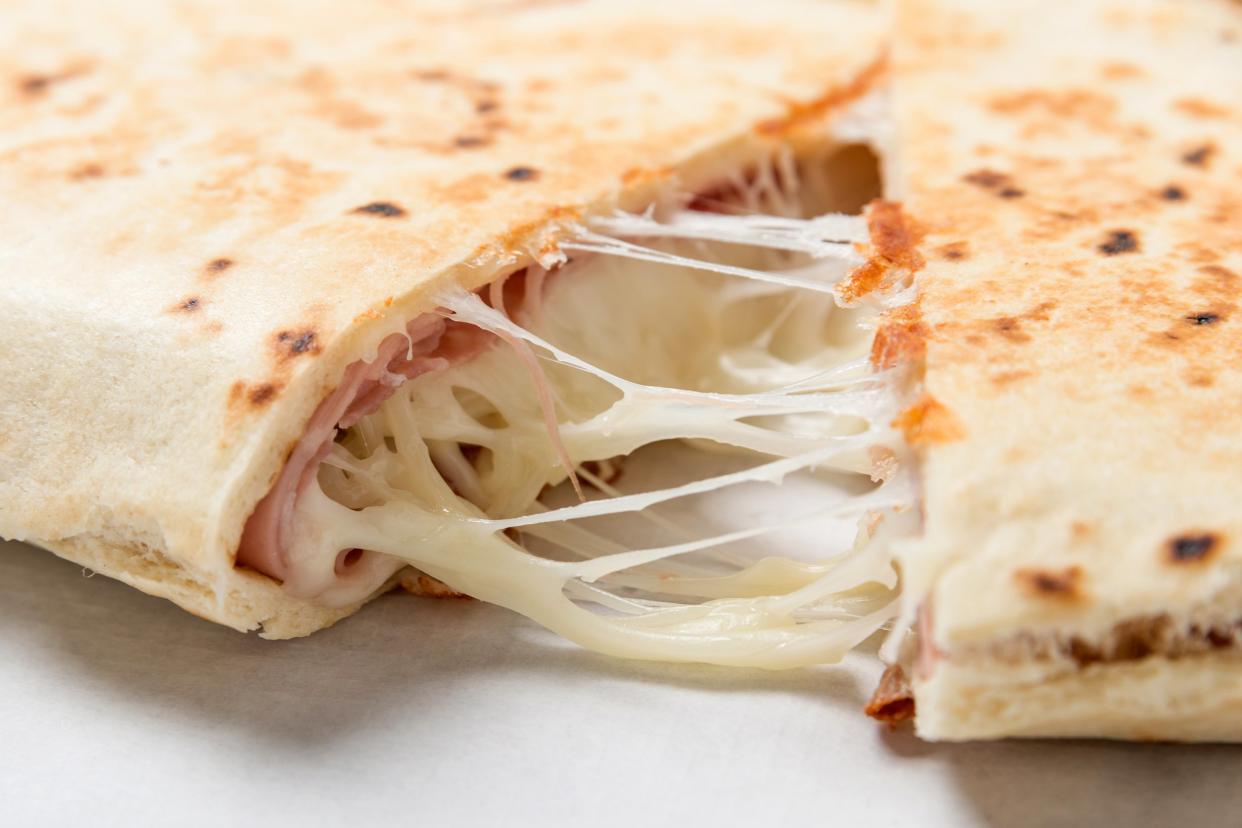
Cheese Is Bad for Your Heart
You would think that since milk isn't so good for you, cheese would be even worse. Counterintuitively, researchers at Penn State found that cheese uniquely has a positive effect on the cardiovascular system, despite its sodium content. This study only measured the short term results of 55- to 60-year-olds eating cheese versus soy cheese and pretzels, but they are currently conducting a longer-term study. In the meantime, you can continue eating cheese snacks in moderation.

Humans Have Five Senses
This myth has been disproven many a time, but is still repeated. You may have even heard it recently and believed it. But, what about time, balance, or temperature? Or, what about sensing pain or the sense that keeps us from walking into things all the time? There are easily more than five.
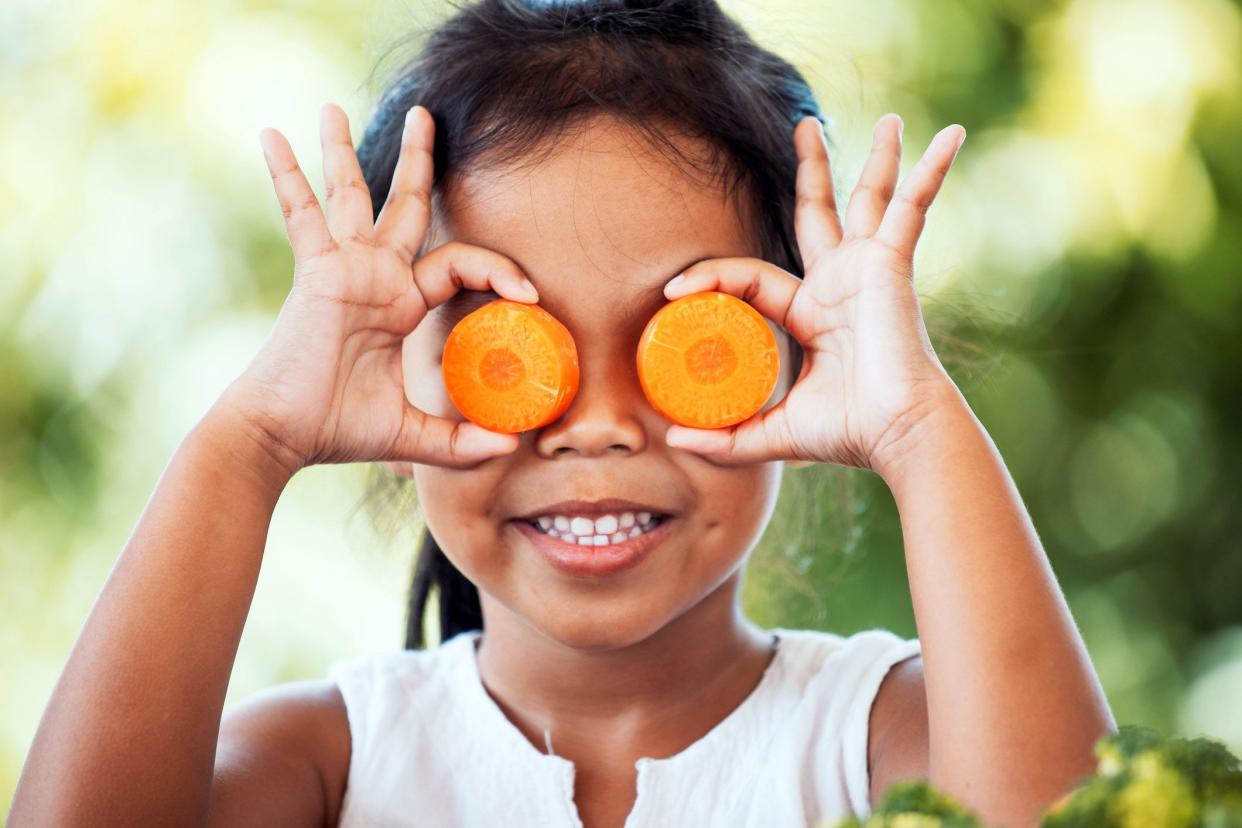
Carrots Help You See at Night
Perhaps as a child you heard that eating carrots would help your night vision. Alas, this myth has been around for a while and was started by WWII propaganda. Eat all the carrots you'd like, but it's not going help you see in the dark. That said, carrots are rich in beta-carotene, which the body converts to vitamin A — a nutrient essential for good vision.
Related: 25 "Superfoods" That Aren't as Super as You Think

Sugar Will Help Reduce Cravings
We now know that sugar is far more to blame than fat for many of our maladies, but in the 1960s and 70s, it was marketed as a healthy way to curb cravings. Ads included phrases such as "sugar can be the will powers you need to undereat" or "Sugar. It isn't just good flavor; it's good food."
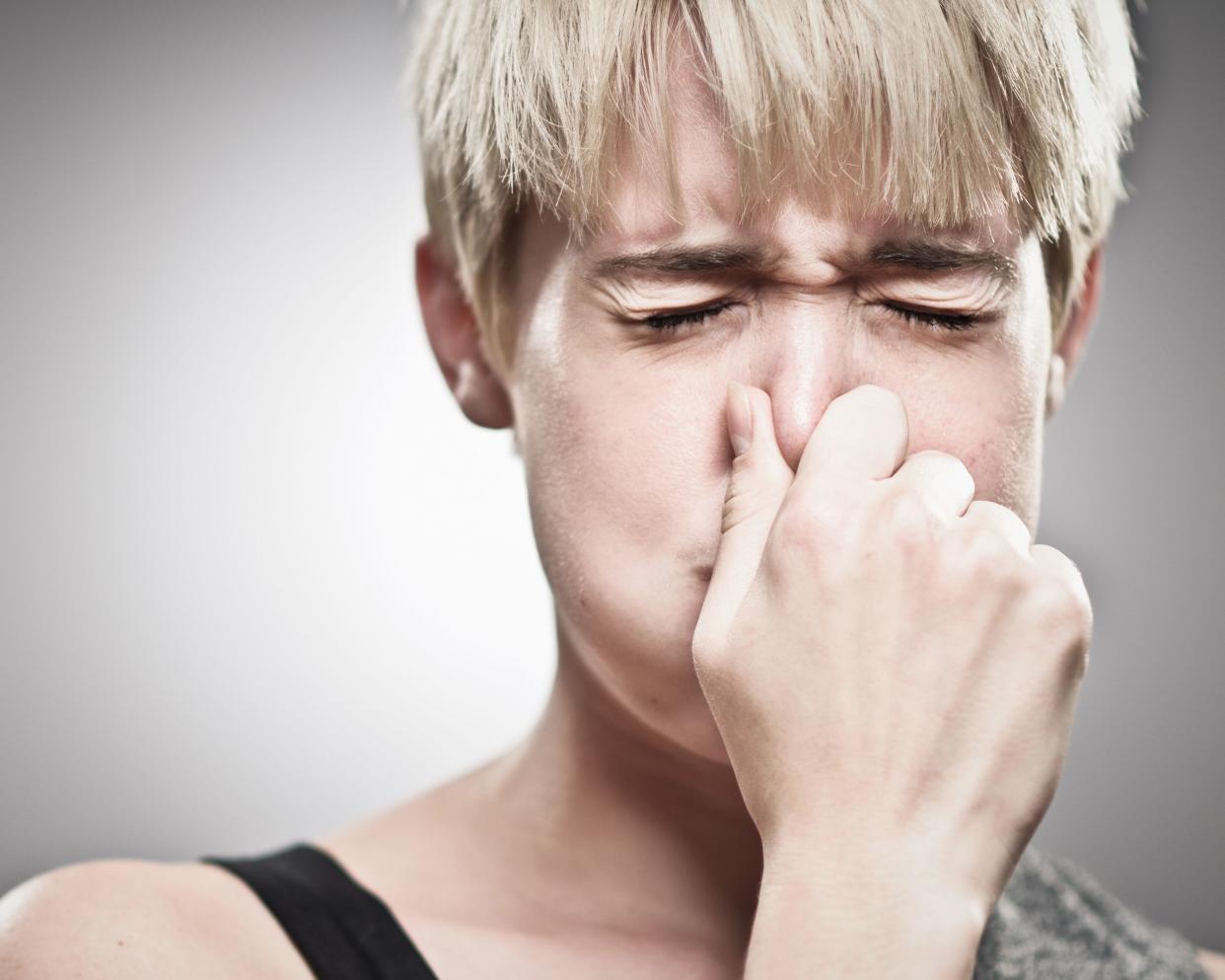
You Can Scare Away Hiccups
Hiccuping is, for most of us, an occasional annoyance. There are plenty of old wives' tales about suggested remedies, but they don't hold up under medical scrutiny. If you want to try one, fine; they're pretty low risk. It probably won't work, but can't hurt, and the hiccups will probably go away on their own.
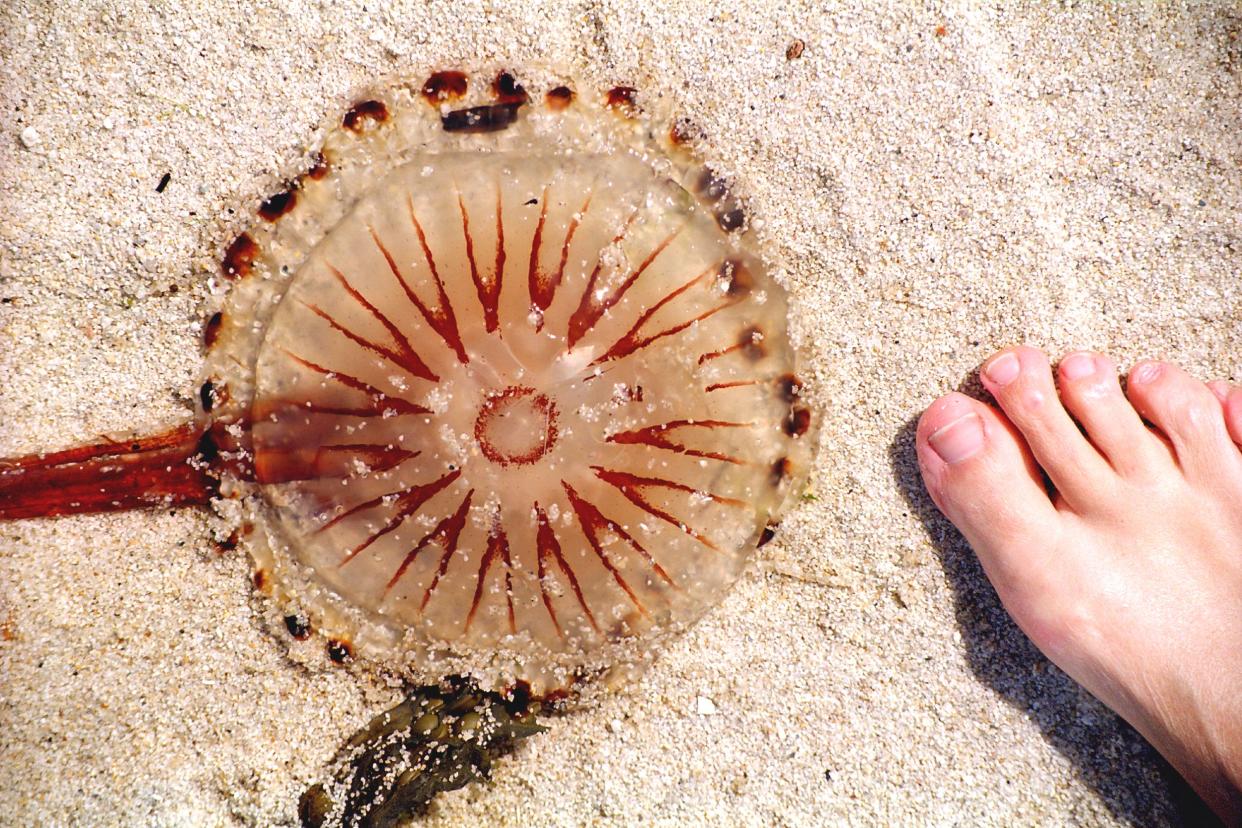
You Should Urinate on Jellyfish Wounds
You may have heard that if you are stung, that you should urinate on the sting to make it go away. It may have worked for people in the past, but is pretty seriously flawed as a suggestion for everyone. In fact, urine could cause the stingers to release more venom. Rinse the sting with saltwater instead.
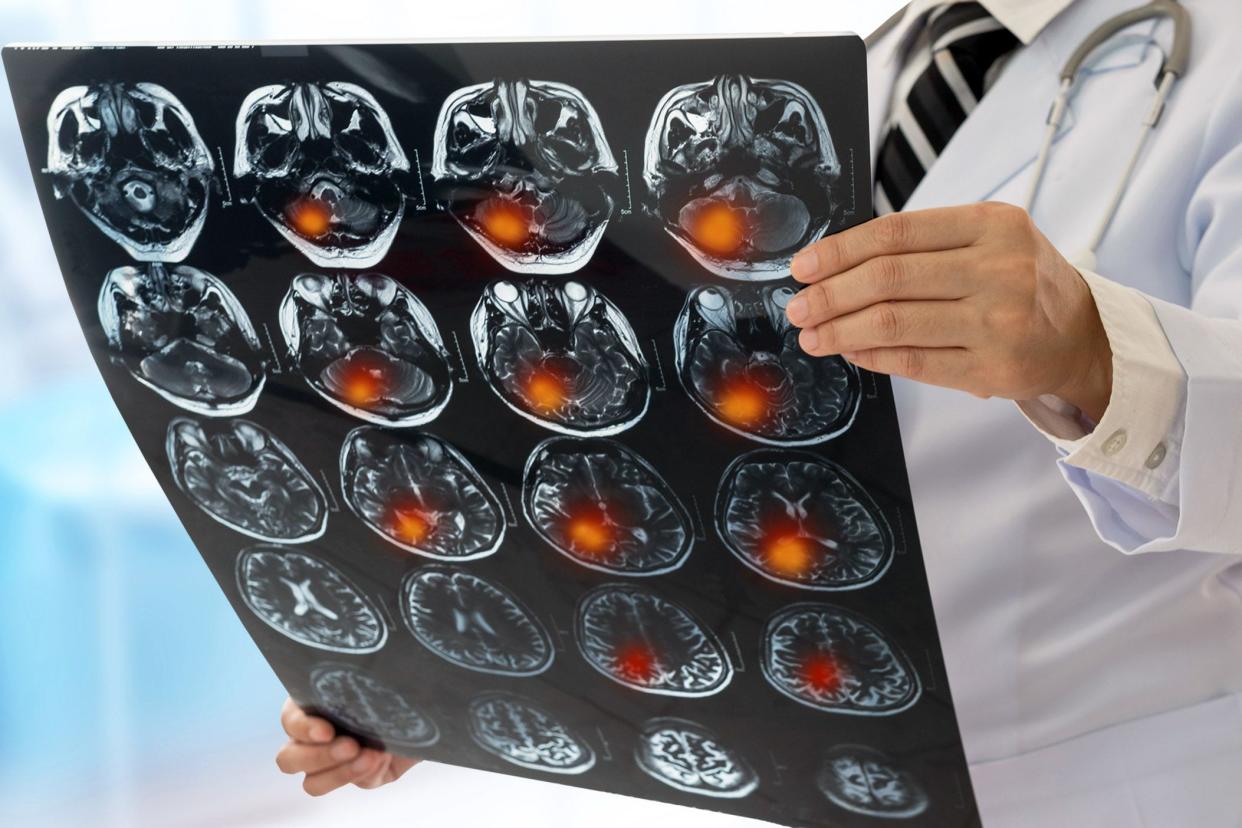
Drugs Drill Holes in Your Brain
To put it lightly, abusing drugs is not a good idea. They can certainly wreck your mental processing abilities. But they are not going to literally drill holes in your brain.
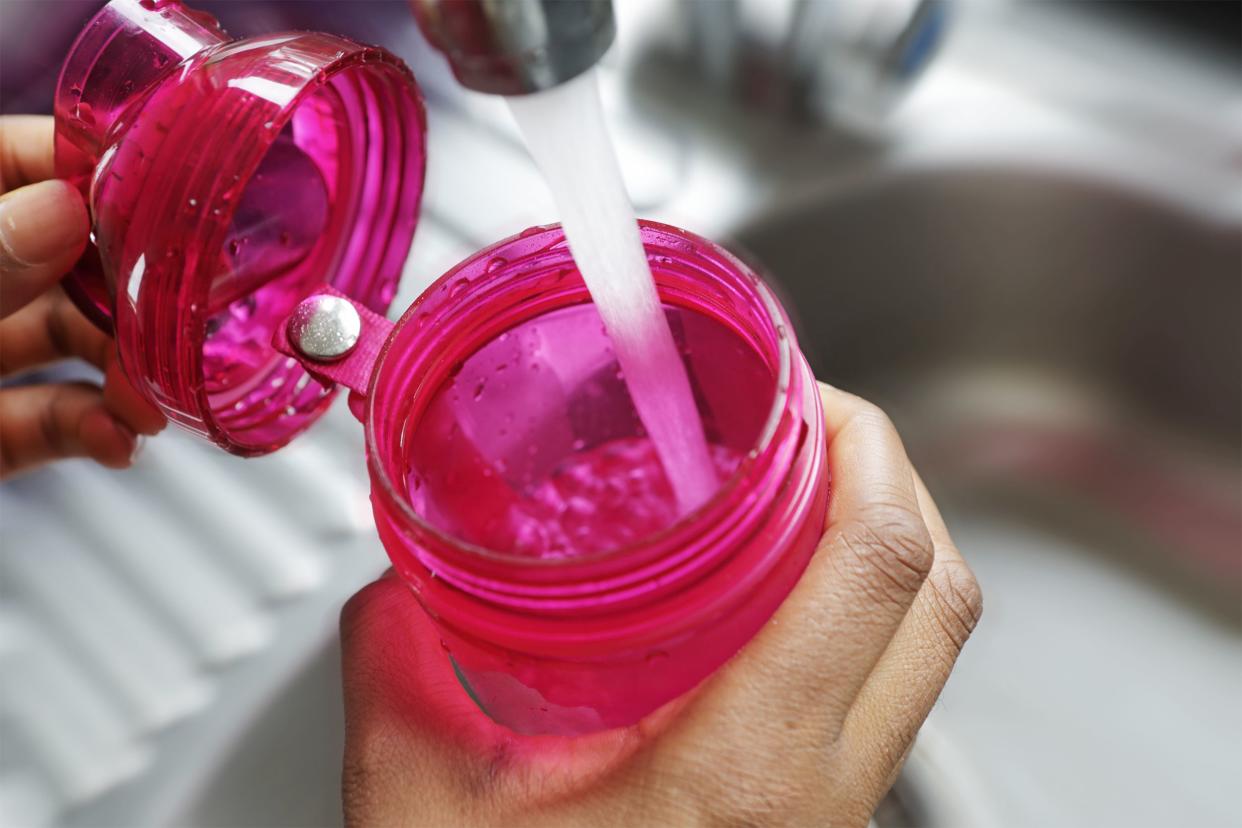
You Should Drink Eight Glasses of Water A Day
It's a common saying that we need to be drinking eight glasses of water a day to stay healthy. The only problem is that there's no scientific basis for that. You certainly don't want to be dehydrated, but the best way to make sure you're hydrated is to drink when you're thirsty. The amount of water your body needs also depends on a variety of factors, including size, weight, activity level and where you live.
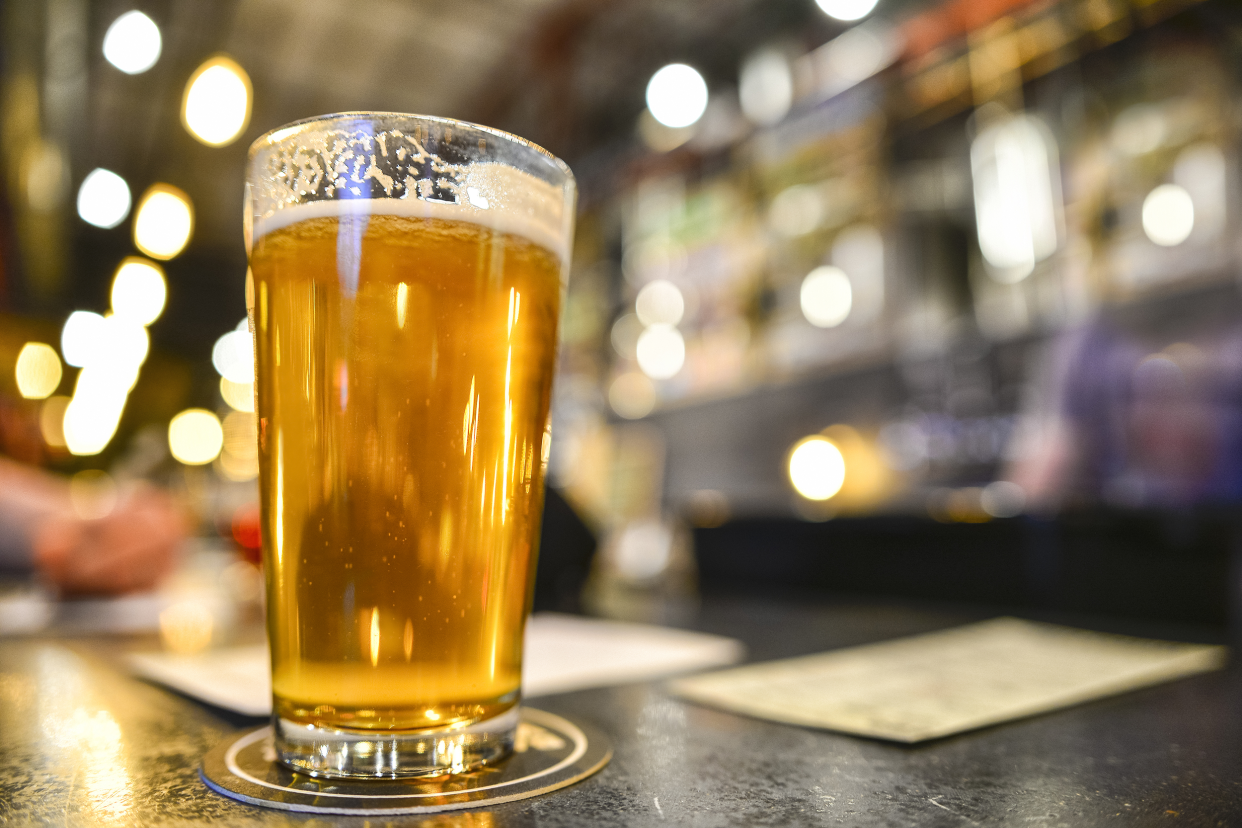
Alcohol Increases Your Risk of Heart Disease
While alcohol isn't known for being a huge promoter of health, red wine may have a beneficial effect on our hearts. The benefits haven't been proven strongly enough that you should start drinking if you don't already, but if you already do, maybe switch out a margarita for a glass of Cabernet Sauvignon every once in a while, just to be safe.
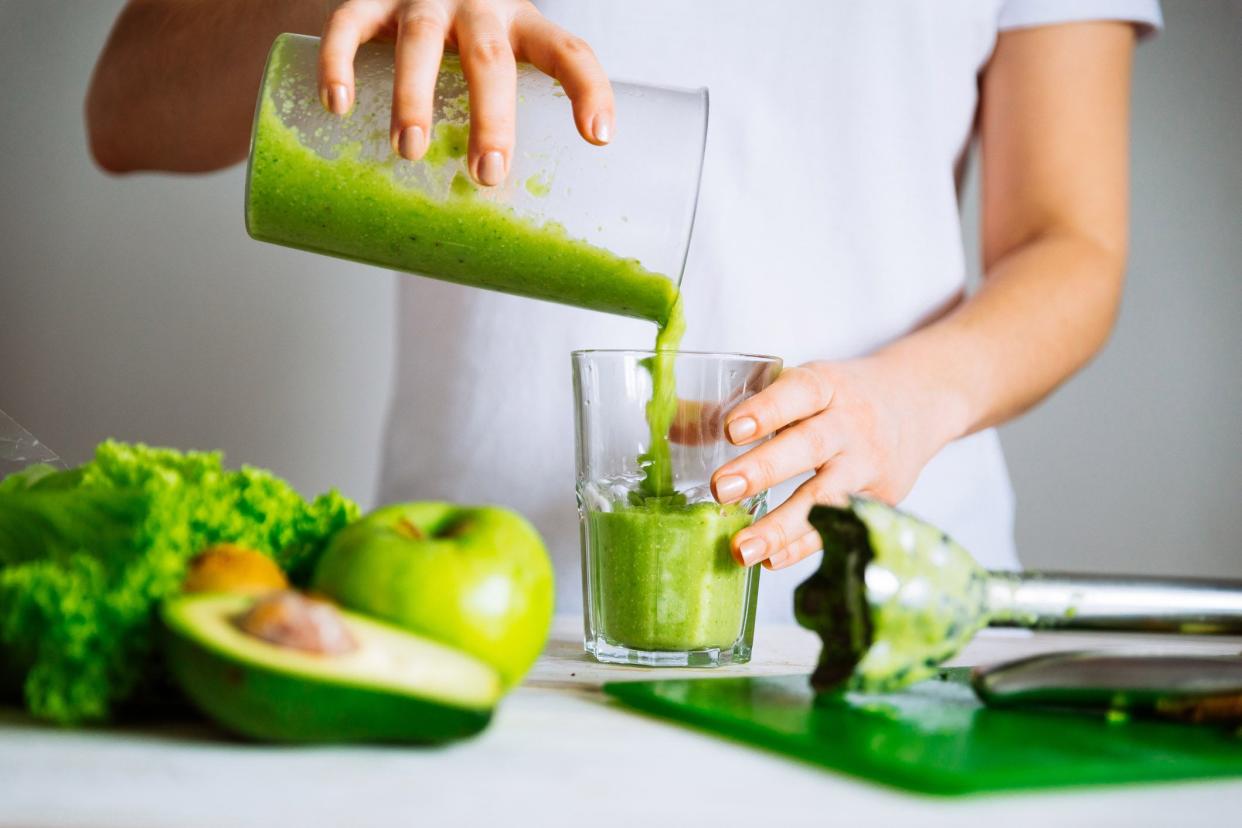
You Can and Should Detox Your Body
While it's a nice idea that you can take a remedy, fast, or consume only fluids for a few days to offset the effects of consuming something you consider unhealthy, that's not how bodies work. There's little evidence to suggest that detox diets effectively remove toxins from the body. Thankfully our kidneys, liver and digestive system are quite effective when it comes to filtering out most ingested toxins.
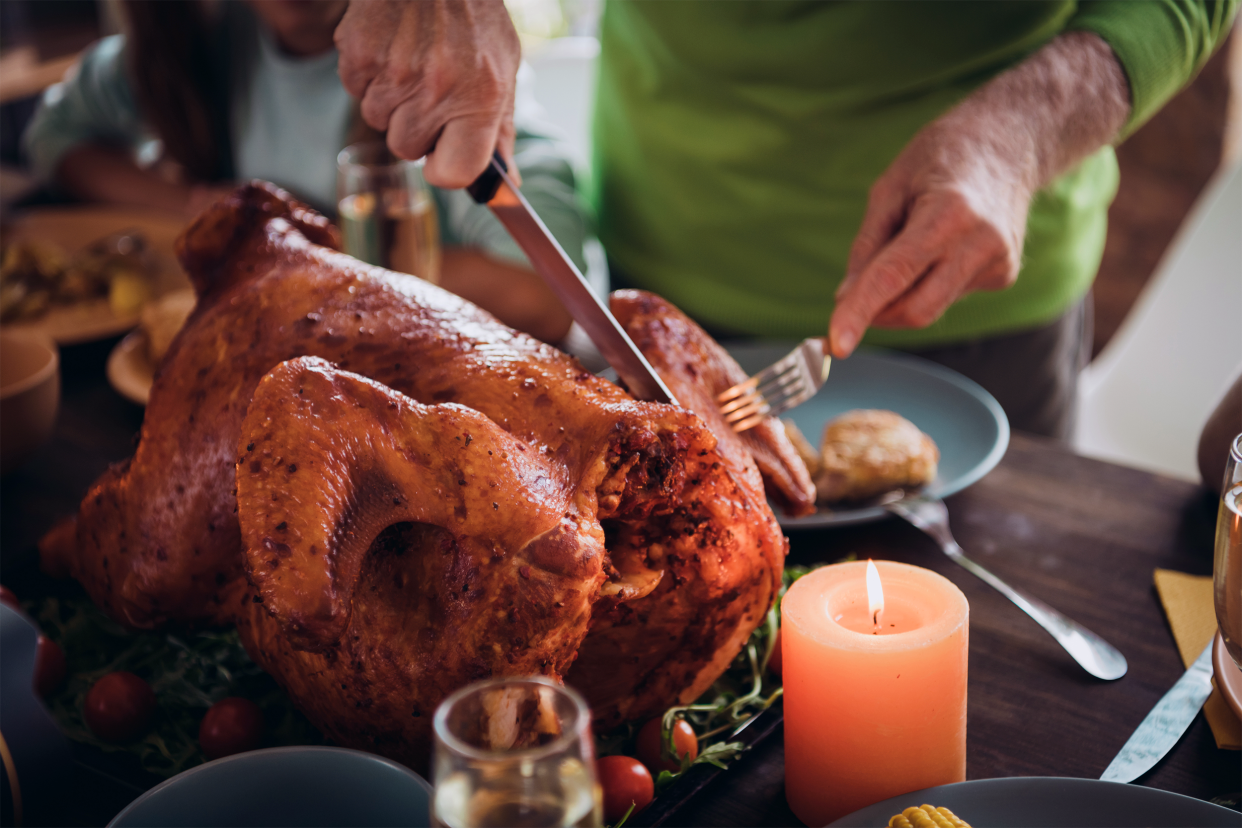
Eating Turkey Will Make You Sleepy
The amino acid tryptophan does play a role in sleep, but turkey has the same amount of tryptophan as chicken or ground beef. Pork and cheese have more tryptophan than turkey. We probably associate turkey with sleepiness because of heavy Thanksgiving meals — likely with a glass of wine or two.

Old Diseases Such as Measles Are Gone
Widespread epidemics such as whooping cough, measles and polio may be considered relics of the past, but we still need to get vaccinated for them, otherwise they can come back. For the vast majority of cases, the potential side effects of vaccines are minor — such as a sore arm or headache — and much easier on your body than potentially getting any of those terrible diseases that can and should stay in the past.
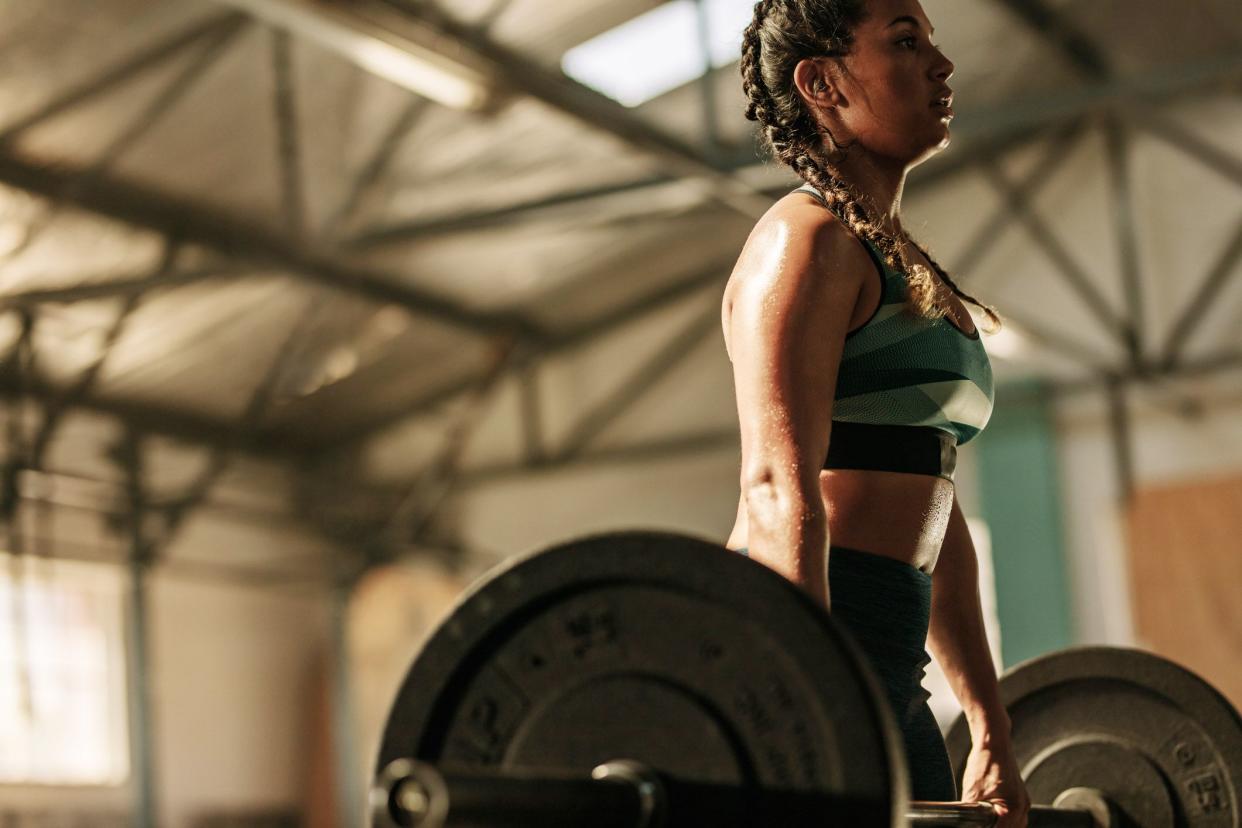
Heavy Weights Make Women Bulky
This is one medical myth that scares some women into working out for hours with teeny tiny weights — or avoiding working out altogether — for fear of getting huge. "Women do not have enough testosterone in their body to produce such mass," says nutritionist Holland Matheson.
Related: 24 Fitness Myths to Debunk for Your Next Workout

Use Heroin for a Cough
In the late 1800s, a Bayer employee (yes, the same people as the aspirin) ran some tests and decided that heroin was the new, improved, non-addictive morphine. Those who tested the drug felt "heroic" (heroisch in German), hence the name. It was marketed as an exciting treatment for coughs and morphine addiction. Long story short, that was tragically disproven.
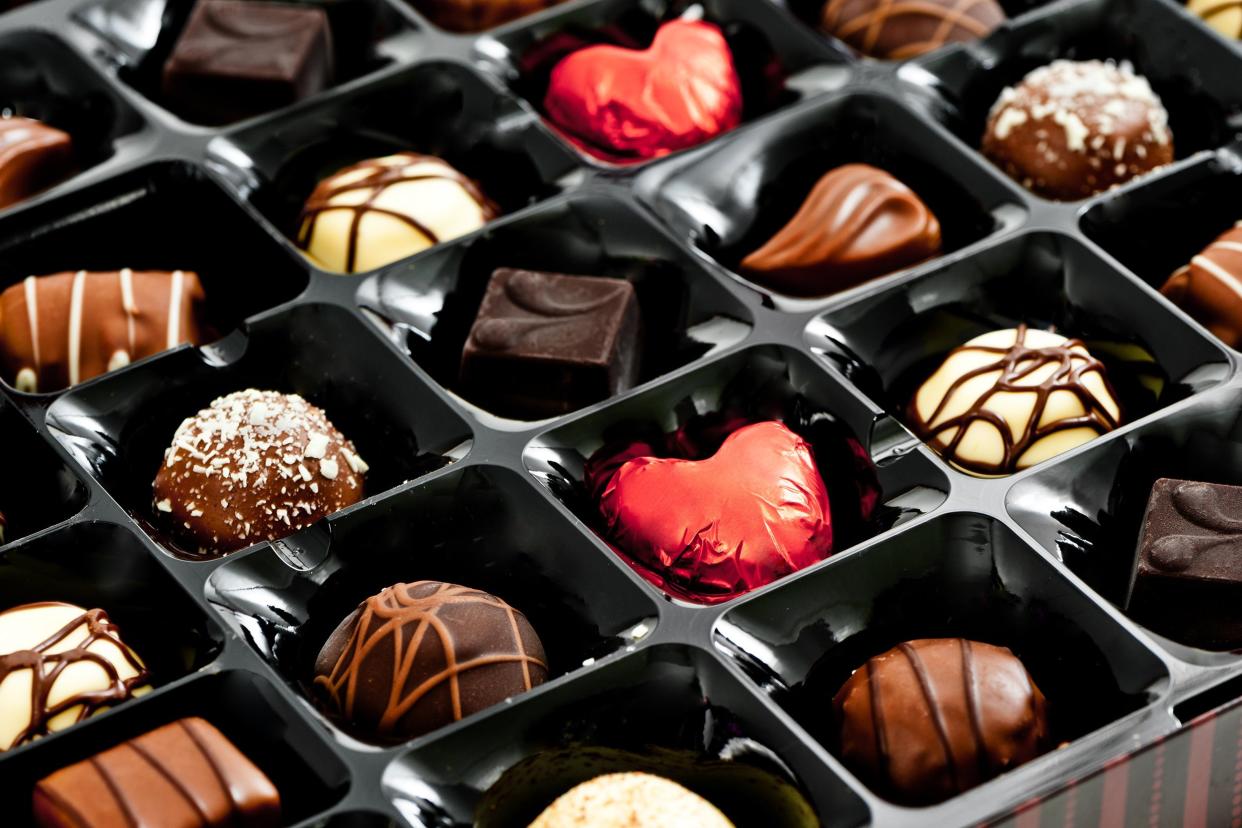
Chocolate Causes Acne
This old wives' tale scared a lot of teenagers, but ultimately, chocolate doesn't cause acne. A diet high in fat and sugar can cause an inflammatory response in the body, which can lead to acne, but chocolate itself isn't to blame.

A Nightcap Will Help You Sleep
While alcohol can help you fall asleep, a review of 27 studies found that alcohol reduces REM sleep, and furthermore, that more alcohol leads to worse REM sleep. Ultimately, even if it feels like it's helping, it's more disruptive and you won't wake up feeling as rested. Try taking a warm bath instead.

Reading in Dim Light Hurts Your Eyesight
While reading in dim light can cause temporary strain, most ophthalmologists agree that it's unlikely to damage your eyesight permanently. Your eyes may be uncomfortable when you're reading in dim light, but don't be concerned about damaging them long term.
This article was originally published on Cheapism

More From Cheapism
Like Cheapism's content? Be sure to follow us.
